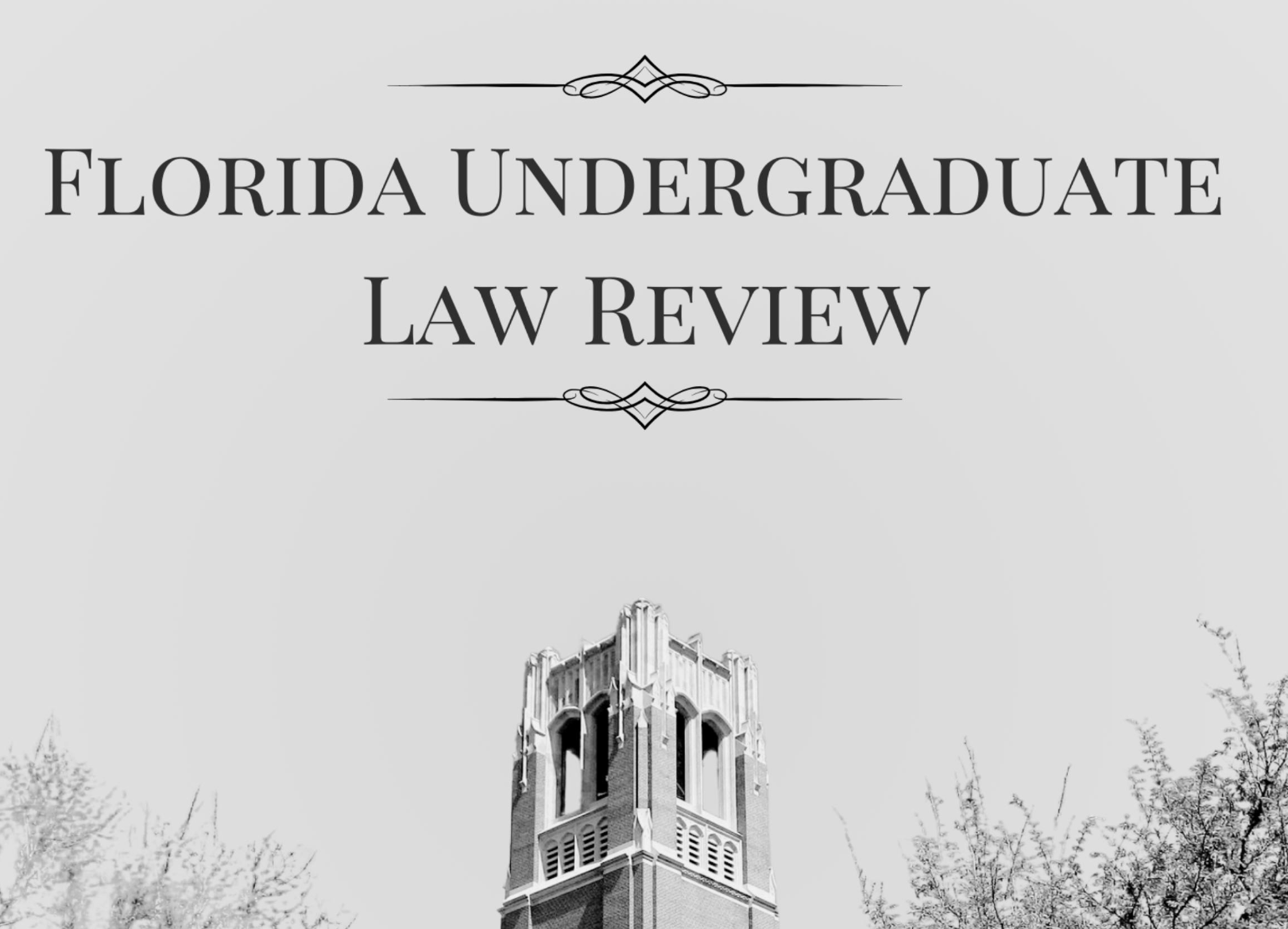Department Publications
- Duncan Purves. “Should Algorithms that Predict Recidivism Have Access to Race?” American Philosophical Quarterly. December 15, 2025
Duncan Purves argues that recidivism risk assessment algorithms engage in disparate treatment when they use race to determine risk scores. Despite this significant legal and ethical hurdle, deploying these algorithms can be justified when doing so is expected to benefit all protected groups.
- Charles Goldhaber. “Hume’s Skeptical Philosophy and the Moderation of Pride.” Philosophy and Phenomenological Research. December 8, 2025
Hume states that skeptical philosophy has desirable effects on our belief formation by first diminishing our pride. Charles Goldhaber gives a Humean reconstruction of the mechanisms involved: Skeptical philosophy diminishes pride by removing our tendency to view ourselves as better than others and this, in turn, removes a cause of pride-driven, belief reinforcement loops.
- Greg Ray. “A Return to Right Intention in the Just War.” Journal of Military Ethics. December 1, 2025
It has been argued that the criterion of right intention adds nothing in just war theory — that it is subsumed by other conditions on just war. Greg Ray gives an action-theoretic analysis of the criterion and uses it to examine arguments that have been offered for the strong negative claims above. He shows that none of these arguments succeed, bringing welcome clarity and understanding to our own ideas about the criterion.
- Molly Gardner, “Suffering and Meaning in the Lives of Wild Animals.” Midwest Studies in Philosophy. November 24, 2025
Molly Gardner advances some considerations that undermine the overall justification for what she calls “beneficent interventions,” or interventions aimed at reducing the suffering of wild animals. She argues that the meaning in animals' lives can offset their suffering, making their lives overall more worth living.
- Phillip H. Kieval and Cameron Buckner. “‘Captured’ by Centaur: Opaque Predictions or Process Insights?” Journal of Experimental Psychology: Animal Learning and Cognition. November 17, 2025
Binz et al. (2025) recently developed Centaur—a new large language model that is fine-tuned on a massive dataset of human behavioral data and which can be used to predict the responses of humans to behavioral experiments in psychology. In this commentary, Phillip H. Kieval and Cameron Buckner evaluate whether Centaur is merely imitating patterns in previously observed human behavior, or can play more ambitious roles in facilitating the discovery of a new explanatory theory of human behavior.
- Jan Maximilian Robitzsch. “Zeno of Sidon and the Status of Women in Epicureanism.” Classical Quarterly. November 10, 2025
Jan Maximilian Robitzsch argues that the later Zeno of Sidon, in contrast to early Epicurean authors, was much more dismissive of women.
- Jeanine Grenberg and Matthew Vinton. “Kant on Humanity.” In Oxford Handbook of Kant (ed. Gomes and Stephenson). November 3, 2025
Kant’s second formulation of the Categorical Imperative appeals to the humanity in our persons as an unconditional end-in-itself that may never be used merely as a means. Jeanine Grenberg and Matthew Vinton argue for a teleological reading of "humanity" as the capacity for morality, broadly conceived as autonomous self-legislation of categorical moral demands, extending to both the choice of maxims and the setting of obligatory ends.
- Gene Witmer. “Review of Ross P. Cameron, Chains of Being: Infinite Regress, Circularity, and Metaphysical Explanation.” Australasian Journal of Philosophy. October 27, 2025
Ross Cameron’s book Chains of Being argues against some widely held theses about metaphysical grounding, including the popular foundationalist claim that anything grounded in something else is ultimately grounded in something fundamental. Gene Witmer provides an overview of the main arguments in the book and some doubts about the central argument against this foundationalist claim.
- Charles Goldhaber. “Kant’s Offer to the Skeptical Empiricisit.” Journal of the History of Philosophy. October 20, 2025
Chuck Goldhaber argues that Kant's transcendental deduction offers an alternative to skeptical empiricism, rather than a refutation of it. According to Goldhaber, this alternative can appeal to skeptical empiricists in virtue of their dissatisfaction with their own position.
- Jan Maximilian Robitzsch. “Why Epicurean Happiness Is Not for Everyone.” British Journal for the History of Philosophy. October 13, 2025
Jan Maximilian Robitzsch argues against the common consensus that not everyone can achieve happiness on the Epicurean view.




